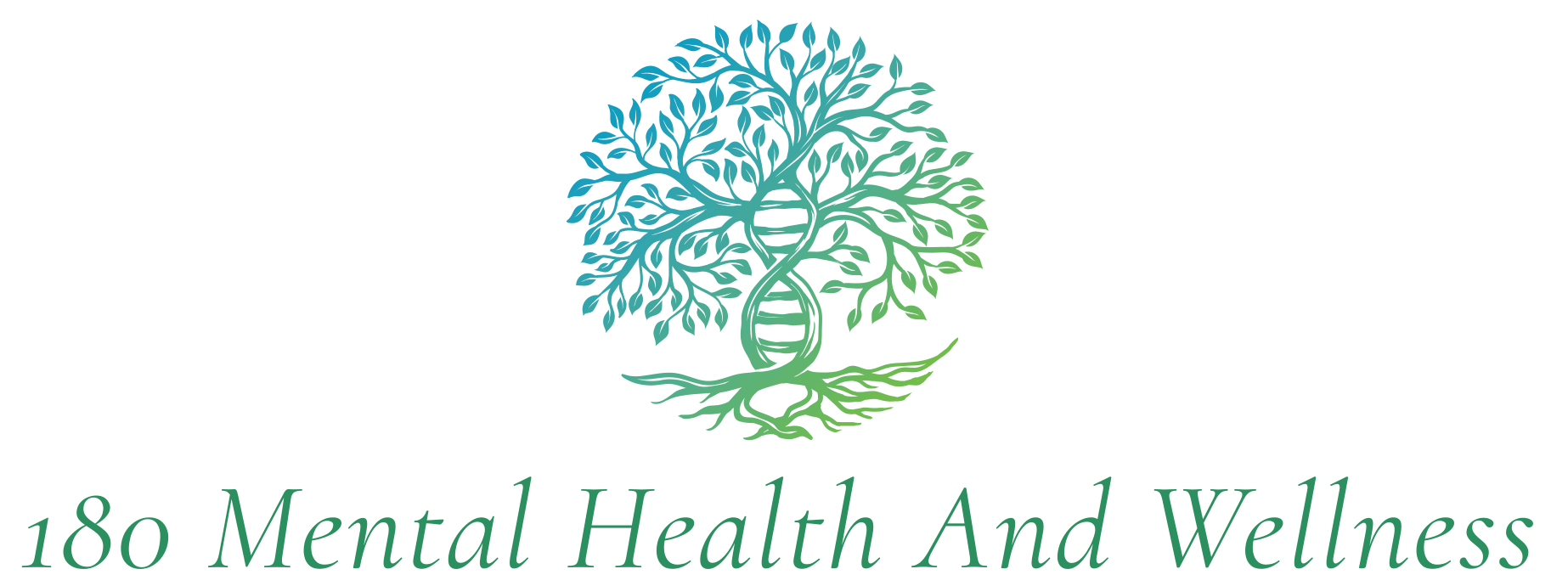Living with OCD personality disorder can make daily living a challenge. Obsessive-compulsive disorder (OCD) personality disorder is characterized by persistent and intrusive thoughts (obsessions) and repetitive behaviors or mental acts (compulsions).
According to a study published in the National Library of Medicine, half of individuals with obsessive-compulsive disorder present symptoms in childhood and adolescence. Chances are, you have been dealing with your symptoms for quite a while and are looking to get a better handle on your condition.
This article contains useful tips to help you manage OCD personality disorder and improve your quality of life.
Understand Your Symptoms
Educate yourself about obsessive-compulsive disorder and learn to recognize the symptoms. Knowing it’s because of OCD allows you to take action.
Symptoms of obsessive-compulsive disorder include the following:
- Intrusive Thoughts – Persistent and unwanted thoughts, urges, or images that cause distress.
- Fear of Contamination – Excessive fear of germs, dirt, or illness, leading to compulsive cleaning or avoidance behaviors.
- Symmetry and Order – Need for things to be arranged symmetrically or in a particular order.
- Unwanted Taboo Thoughts – Disturbing or taboo thoughts that go against personal beliefs or values.
- Aggressive Thoughts – Fear of harming others and oneself.
- Excessive Checking – Repeatedly checking things such as locks, switches, or appliances.
- Cleaning and Washing – Engaging in excessive cleaning rituals or handwashing to alleviate anxiety.
- Counting and Ordering – Counting items or arranging objects in a specific way to reduce distress.
- Repeating Actions – Repeating certain actions like touching, tapping, or stepping a certain number of times.
- Mental Ritual – Engaging in mental rituals like counting or repeating phrases silently to neutralize obsessions.
Make Changes in Your Daily Routine
Every day can be a battle with OCD, but you can win against the disorder.
Here are some specific tips that you can apply to your daily routine:
- Create a Daily Checklist – Make a list of tasks you need to accomplish each day. Check them off as you complete them to stay organized and on track. Establishing a structured daily routine can help you feel more in control and minimize triggers for obsessive thoughts or compulsive behaviors.
- Use Visual Reminders – Place visual cues around your living space to remind you of important tasks or routines. This can help reduce anxiety about forgetting things.
- Practice Exposure Therapy – Gradually expose yourself to situations that trigger your OCD symptoms with the guidance of a provider. Over time, this can help reduce the intensity of your obsessions and compulsions.
- Implement Relaxation Techniques – Incorporate relaxation techniques such as deep breathing, progressive muscle relaxation, or visualization exercises to calm your mind during stressful moments.
- Set Boundaries with Compulsions – Challenge yourself to delay or resist engaging in compulsive behaviors. Start with small steps and gradually increase the time between the urge and the compulsion.
- Limit Checking Behaviors – If checking is a common compulsion for you, set specific limits on how many times you can check things (e.g., locks, appliances) to break the cycle of reassurance-seeking.
- Practice Thought Reframing – When intrusive thoughts arise, challenge them for accuracy and likelihood, which allows you to replace them with realistic thoughts.
- Utilize Support Apps – Consider using apps designed to support individuals with OCD by tracking symptoms, offering coping strategies, and providing encouragement.
- Engage in Physical Activity – Regular exercise reduces stress levels and puts you in a good mood. Find physical activities you enjoy and make them a part of your routine.
- Celebrate Small Victories – Celebrate any little progress you have made and reward yourself for facing your fears and challenging your OCD patterns. This can boost your confidence and motivation to continue working towards recovery.
Seek Help from a Mental Health Provider
If you feel you cannot get your OCD symptoms under control on your own, visit a mental health clinic specializing in obsessive-compulsive disorder therapy.
Treatment for OCD typically involves a combination of cognitive-behavioral therapy (CBT), specifically Exposure and Response Prevention (ERP), and medication, such as selective serotonin reuptake inhibitors (SSRIs), which can help reduce obsessive thoughts and compulsive behaviors.
Cognitive behavioral therapy helps individuals challenge irrational thoughts and confront obsessions through exposure exercises, while medication can reduce symptom severity.
Establish a Support Network
Surround yourself with supportive friends, family members, or support groups who understand your condition and offer encouragement and empathy.
Check with mental health clinics, hospitals, or community centers in your area to see if any local OCD support groups in Phoenix meet regularly. A provider can help you connect with others and provide information on peer support groups for individuals with obsessive-compulsive disorder.
Sharing your experiences with others who have similar struggles can provide validation, solidarity, and emotional support.
Be Patient and Persistent
Recovery from OCD personality disorder is a journey that takes time, patience, and persistence. Be kind to yourself and acknowledge that setbacks are a normal part of the process. Work closely with a psychiatry professional and stay committed to your treatment plan. Don’t hesitate to seek additional support or adjustments to your treatment, if necessary.
Obsessive Compulsive Disorder Therapy in Phoenix, Arizona
Our mental health providers at 180 Mental Health and Wellness are experienced in OCD symptom treatment. Our board-certified providers are passionate about mental health and make use of holistic methods, including integrative and functional psychiatry, to aid in your recovery.
We understand you need OCD support, and we are here to provide and give you the tools you need to improve your mental health. To schedule an appointment with us, call our mental health clinic today at (480) 863-5250 or use our online form to schedule your visit. Your journey to recovery begins at 180 Mental Health and Wellness.

